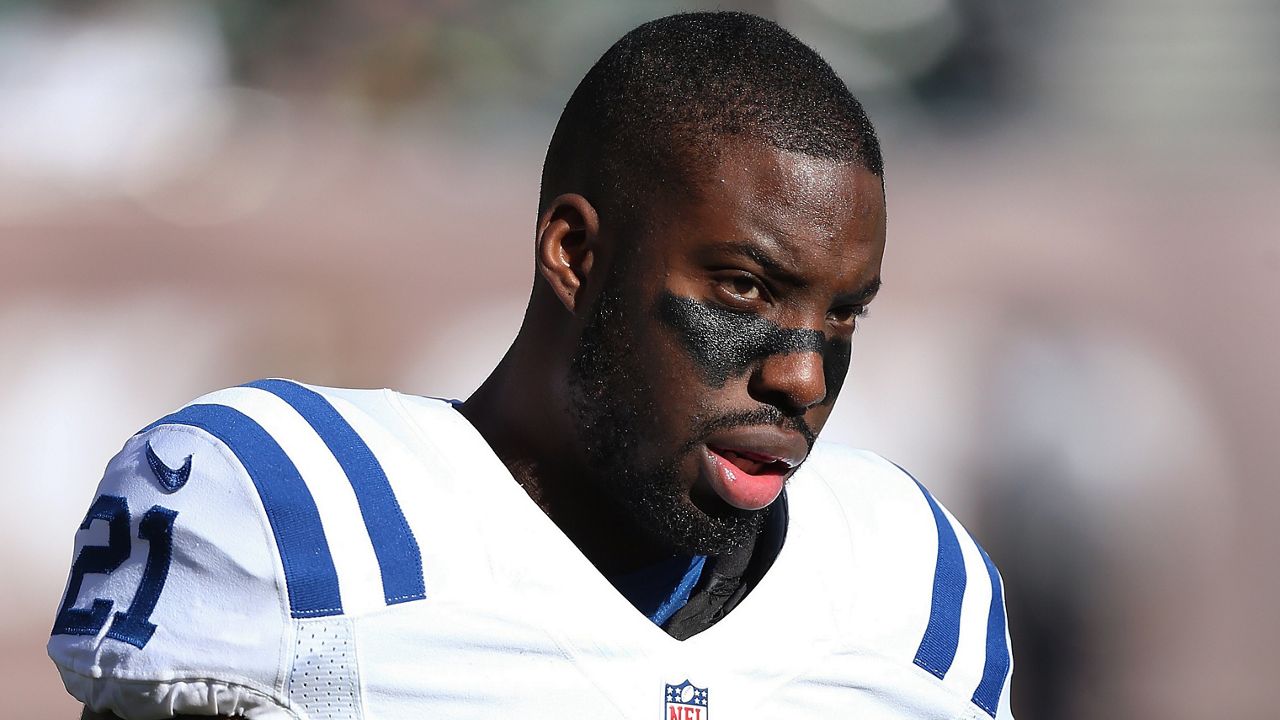BUFFALO, N.Y. — A Western New York baseball legend is one step closer to Cooperstown. Pioneering Black ballplayer Grant "Home Run" Johnson is a finalist on the National Baseball Hall of Fame’s Early Baseball Era ballot.
Johnson is one of seven Negro Leagues and pre-Negro Leagues figures being considered, alongside three stars from the American League and National League.
The ballot is composed of candidates whose primary contributions to the sport came before 1950.
Johnson, who is buried in a pauper's field in Hamburg's Lakeside Cemetery, moved to Buffalo in 1915. Shortly after he helped form the Pittsburg Colored Stars of Buffalo and made history in 1917 playing in the region's first integrated game. He later played for and managed several other local clubs until the early 1930s.
Johnson played for several top Black clubs from 1893 to 1923, including the Page Fence Giants, Cuban X-Giants, Brooklyn Royal Giants and New York Lincoln Giants. Available statistics on Seamheads.com show him compiling a .310 batting average over 405 recorded games. He reportedly hit 60 home runs one year while playing for the semi–pro Findlay Sluggers.
For Johnson to gain election, he must appear on at least 75% of ballots.
Other candidates on the Early Baseball Era ballot include fellow Black ballplayers John Donaldson, Bud Fowler, Vic Harris, Buck O’Neil, “Cannonball” Dick Redding and George Scales, along with American/National League stars Bill Dahlen, Lefty O'Doul and Allie Reynolds.
Also being considered for the hall are 10 candidates on the Golden Days Era ballot, made up of figures whose primary contributions took place between 1950 and 1969. Dick Allen, Ken Boyer, Gil Hodges, Jim Kaat, Roger Maris, Minnie Miñoso, Danny Murtaugh, Tony Oliva, Billy Pierce and Maury Wills are all up for consideration.
Pierce, who pitched in the major leagues for the Tigers, White Sox and Giants from 1945 to 1964, began his professional career with the Buffalo Bisons, going 22-19 with a 4.44 earned run average across 53 minor league games for Buffalo from 1945 to 1947.
The results of both committees’ elections will be announced on Dec. 5.










